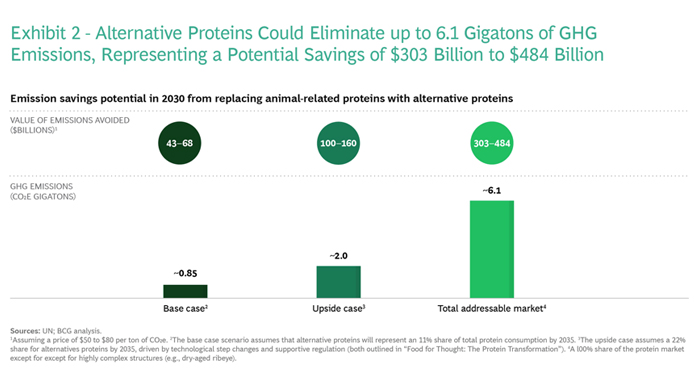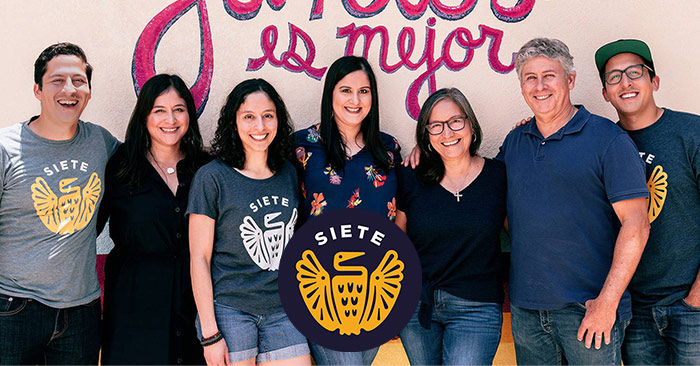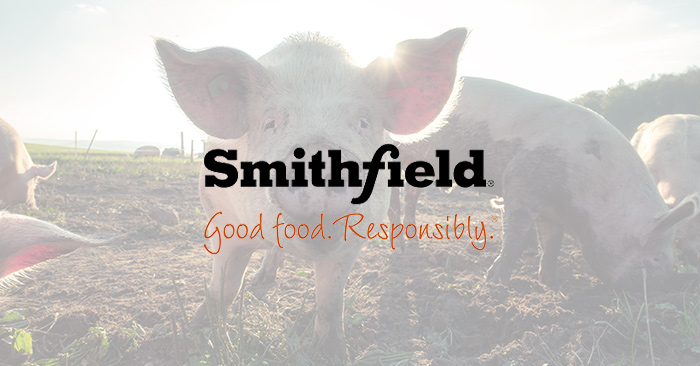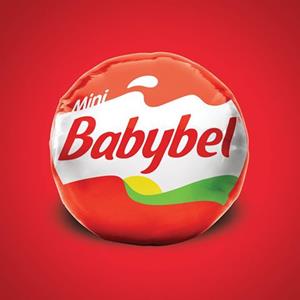The Checkout: Bel and Superbrewed Team Up; New Report Emphasizes Alt-Protein Investment’s Climate Benefit

The Bel Group and Superbrewed Team Up On Protein Enhanced Alt-Cheese
The Bel Group, parent company of conventional and plant-based snackable cheese brands like Babybel, The Laughing Cow and Boursin, has announced a new partnership with Superbrewed to bring biomass fermented proteins into its portfolio and innovation capabilities.
The partnership will see Superbrewed’s “whole food” protein ingredient integrated into new product innovations. Bel Ventures, in partnership with its R&D department, selected the natural foods ingredients company to collaborate on its future cheese innovations, aiming “to meet the food challenges of tomorrow for a growing population,” using the protein production method.
The ingredient is made with microflora derived from plant fibers and contains all nine essential amino acids, five different B-vitamins and minerals including iron, phosphorus, and magnesium.
“Pursuing our mission to offer healthy snacks for all, Bel innovates to support the changes in nutritional needs and meet the challenges of a sustainable diet for an ever-growing world population,” said Caroline Sorlin Bel Group Chief Venture Officer, in a press release. “We are very happy to enter this exclusive collaboration, which is testament to our pioneering role and acceleration on disruptive technologies. As a family business, we are also proud to have adopted an “open collaboration” model with over 100 partners, including start-ups, to stimulate and scale up their innovations and so prepare the future of food.”
The protein will be available for distribution by early next year and will be incorporated into a full lineup of cheeses across its brand lineups soon after. According to The Bel Group, it is focusing on biomass fermentation because of the environmental, nutritional and accessibility benefits of the ingredients it produces.
“We’re honored to partner with Bel Group to lead the industry in the application of highly scalable alternative proteins for cheese,” said Bryan Tracy, Superbrewed Food CEO, in a press release. “Given the global reach of [The Bel Group’s] brands and inclusive “open collaboration” model, they are ideal partners for Superbrewed.”

Report: Plant-based Meat Is “The Best” Tool To Combat GHG Emissions
According to a new report from Boston Consulting Group (BCG), plant-based meat has delivered “the best” return on investment when it comes to reducing greenhouse gas emissions. The report claimed for every dollar invested in scaling up the production of alt-meat and dairy products resulted in three times more emissions reductions than investments in other green and zero-emissions-focused investments like infrastructure and cars.
The reason: the food industry accounts for 26% of current global greenhouse gas (GHG) emissions with 15% of those emissions coming from animal agriculture specifically. “Our latest research shows that consumers are embracing alternative proteins and that protein transformation is one of the best tools available to combat the climate crisis,” the report states.
“Investing in the segment has one of the biggest impacts on decarbonization when assessed in terms of the market value of avoided CO2e emissions per dollar invested in mitigation efforts,” the report said. “We call this impact of capital employed (IoCE)—and investments in alternative proteins produce IoCE that is magnitudes greater than corresponding decarbonization investments in other high-emitting sectors of the economy, such as transportation or buildings, can achieve.”
BCG also highlights the increasing consumer adoption of alternative proteins and predicts the category will represent 11% of all protein consumption by 2035, but has the potential to “command 22% of the global market over this time frame” with increased investments and advances in technology and regulatory barriers.

Siete Treats Taco Makers In Second Round of ‘Juntos’ Funding; Cooks Up New Book
Mexican-inspired better-for-you food maker Siete announced the reopening of its Juntos Fund for the second year. This round of grants will support “Latino/Latina/Latiné-owned and operated taco businesses” including taquerias, taco trucks, taco shops, taco stands, taco stalls and other taco-related businesses.
Siete will select three businesses, divide up the total award of $40,000 between the winning applicants in $25,000, $10,000 and $5,000 sums. According to Siete, Latinx-owned businesses have experienced rapid growth, but despite that increase, these businesses are still less likely to receive a loan from a bank when compared to a white-owned business.
The fund was launched last year and its inaugural round granted funds to Texas-based mother-daughter owned chocolate company Cocoandré Chocolatier & Horchatería. This year, the program has been expanded to offer financial support to more than one business. Applications are open from now until August 9. All taco-related businesses in the U.S. that are at least 50% Latinx-owned are welcome to apply.
In addition to the funding round, Siete Foods will also release a cookbook. The book is currently available for pre-order and will be available in stores in October.
“What Siete and the Graza family are doing for Mexican culture is giving us a seat at the table through their innovations. They have created something beautiful (and delicious!) and we couldn’t be more excited for them to share a little bit about themselves through this cookbook,” said co-owners of Nixta Taqueria, Sara Mardanbigi and James Beard Winner.

Smithfield Settles Price Fixing Suit for $42 Million
Pork producer Smithfield will pay $42 million from a settlement agreement with restaurant and caterers alleging the company conspired with competitors including Hormel, Tyson Foods, Seaboard Foods and Triumph Foods, to inflate prices of pork products.
The case, which was filed in 2018, is still pending against the pork producer’s competitors, named above, in addition to database company Agri Stats which the suit alleges was used to share confidential information about price, capacity and demand to fix prices between the corporations. These five companies control 70% of pork production in the U.S. Smithfield denies any wrongdoing.
The company also recently settled another, similar case with a different group of pork buyers for $83 million and similar suits have been filed against chicken producers as well with over $200 million being awarded to chicken price-fixing-related suits over the past year.



















